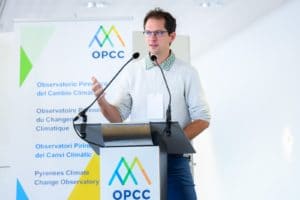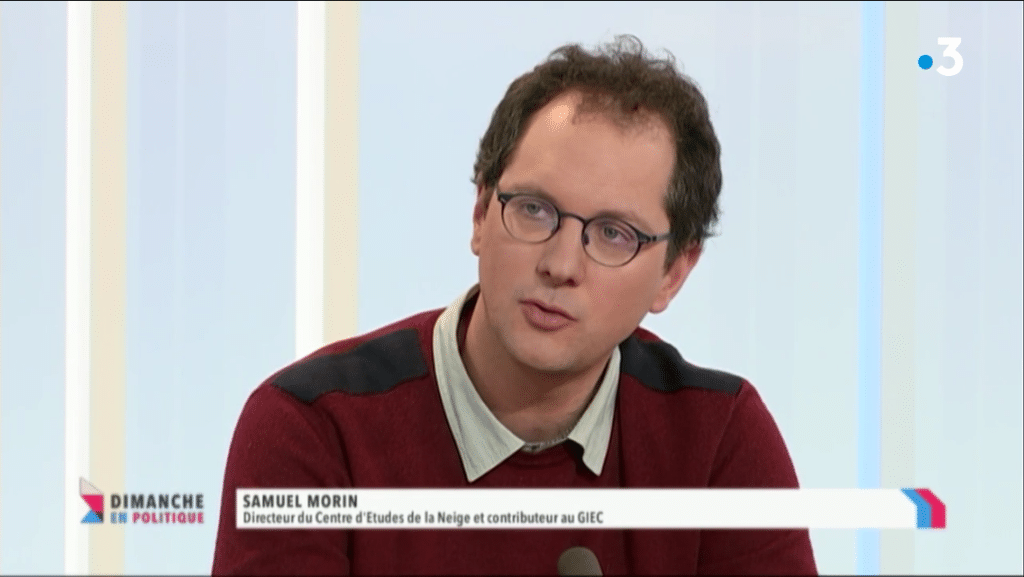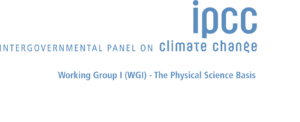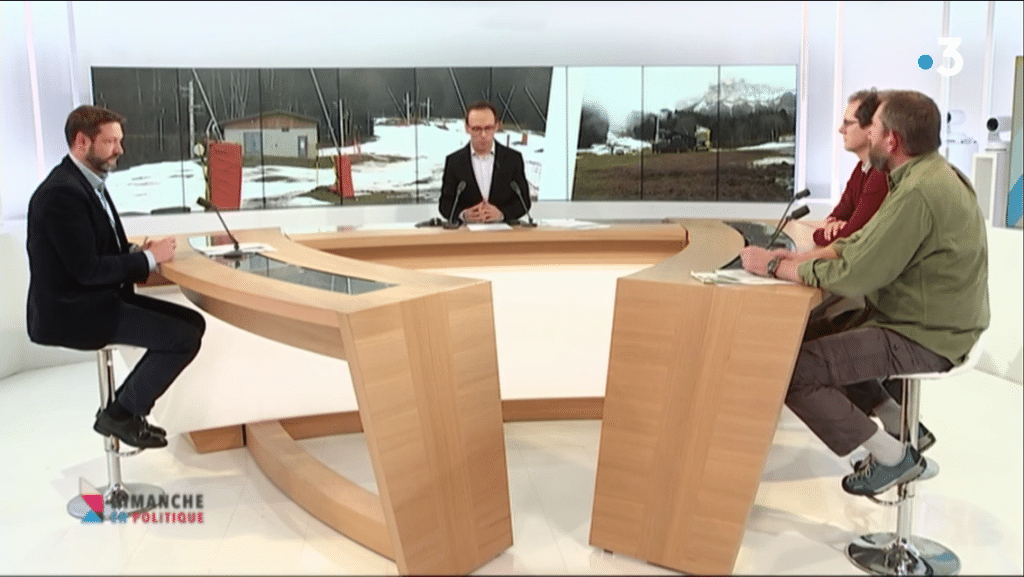Unpacking the science in France
- Case studies from IPCC authors
- Conversation shops in Senegal
- Talking your audience’s language in Indonesia
- Energising analogies in Ukraine
- Flooding conversations in Colombia
- The bigger picture in Japan
- Local stories in Mozambique
- Informing policy in the Caribbean
- Stitching in detail in India
- Connecting personally in Argentina
- Neighbourhood interest in the USA
- Unpacking the science in France
This case study is part of a set of case studies commissioned by the IPCC WGI TSU (Intergovernmental Panel on Climate Change, Working Group I Technical Support Unit) and collected by Climate Outreach.
Dr Samuel Morin shares how he helps national policy-makers translate statements in IPCC reports into relevant local considerations – here, helping the French government understand implications for the ski tourism industry.
 Dr Samuel Morin, Météo France and CNRS – Author for Special Report on the Ocean and Cryosphere in a Changing Climate (SROCC), @smlmrn @meteofrance @CNRS
Dr Samuel Morin, Météo France and CNRS – Author for Special Report on the Ocean and Cryosphere in a Changing Climate (SROCC), @smlmrn @meteofrance @CNRS
“When speaking to the French Minister of the Environment (MTES), Elisabeth Borne, on the day of the release of SROCC (Special Report on the Ocean and Cryosphere in a Changing Climate) along with a few other SROCC authors, I focussed on a few items immediately relevant to the scope of the ministry. It’s important to ‘unpack’ the language in the Summaries for Policy Makers (SPM) into concrete examples, so that people can understand it better and what it means for their work.
By taking out specific sentences from the SPM and illustrating them with local issues, such as mountain gravitational hazards and sea level rise, we were able to show the full breadth and implications of the SPM statements.
My key example here is for the ski tourism industry. There are 3 sentences about it in the SROCC SPM, and it’s been very useful to illustrate how relevant they are in all kinds of contexts, from global to regional to national to local scale.
Using concrete local and national examples is key, as long as it is not too specialized and technical (unless the audience encourages it). Translating the SPMs in this way, by relating them to issues that are closer to home, has helped the ministry understand these effects as I think it has helped trigger actions in some committees and programmes.

Dr Samuel Morin on interview panel, Dimanche en Politique, France 3 Alpes, during a debate on the future of ski tourism
I’ve found that it is important to spend time disentangling the very basic principles about climate and weather, regional variations, and scenarios. This always takes about half of the presentation time, but if people miss joining the dots like this, there is no point talking about more specific points about the risks and impacts. This does take some time to do, but it is very rewarding and questions from the audience can help come up with some interesting research questions.”
This case study is a great example of putting the following principles for effective public engagement into practice.
- Principle 2: Talk about the real world, not abstract ideas (see Handbook page 8)
- Principle 3: Connect with what matters to your audience (see Handbook page 11)
Find out more about the six principles in our Communications Handbook for IPCC scientists and accompanying webinar.

If you would like to contribute a case study of your public engagement experiences as an IPCC author, we would love to hear from you. Please share your stories with the WGI Technical Support Unit directly.
Reports & guides
Sign up to our newsletter
Thank you for signing up to our newsletter
You should receive a welcome email shortly.
If you do not receive it, please check your spam folder, and mark as 'Not Spam' so our future newsletters go straight to your inbox.

